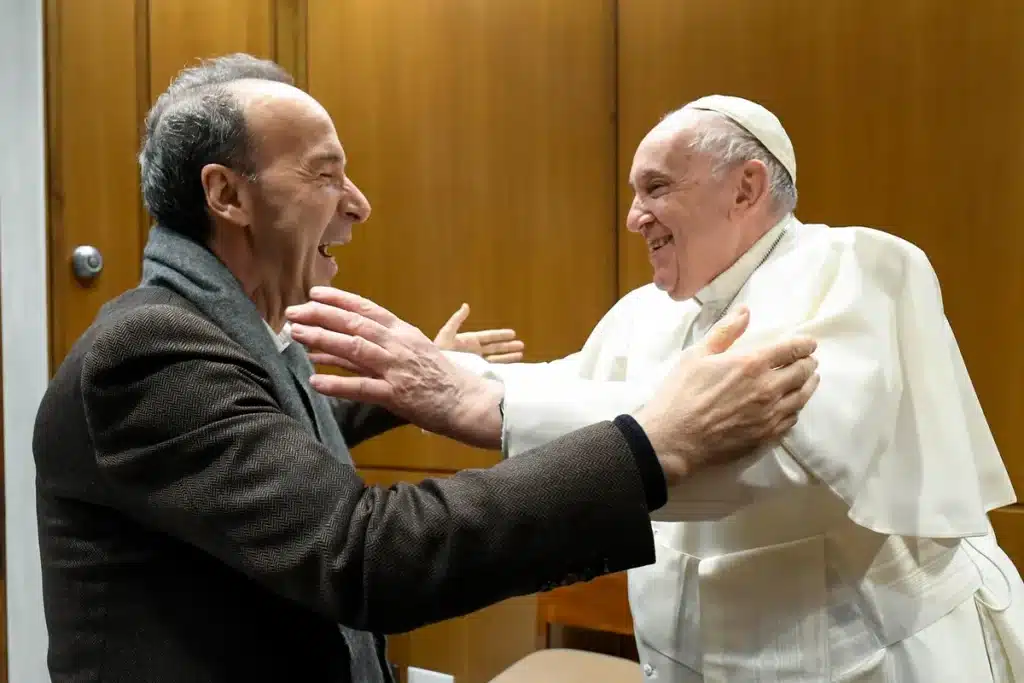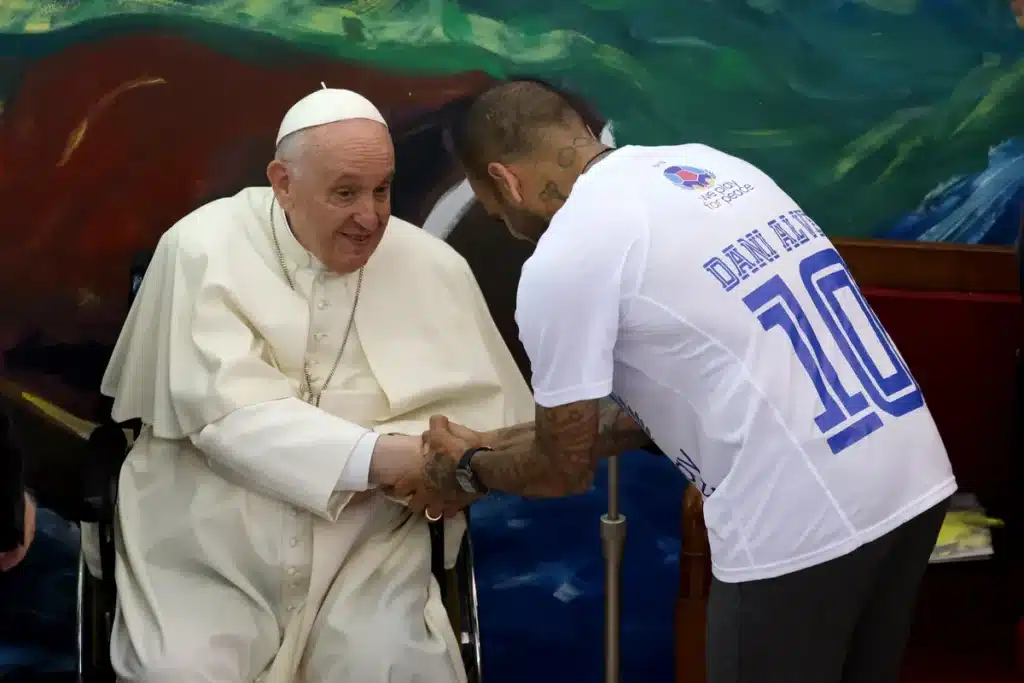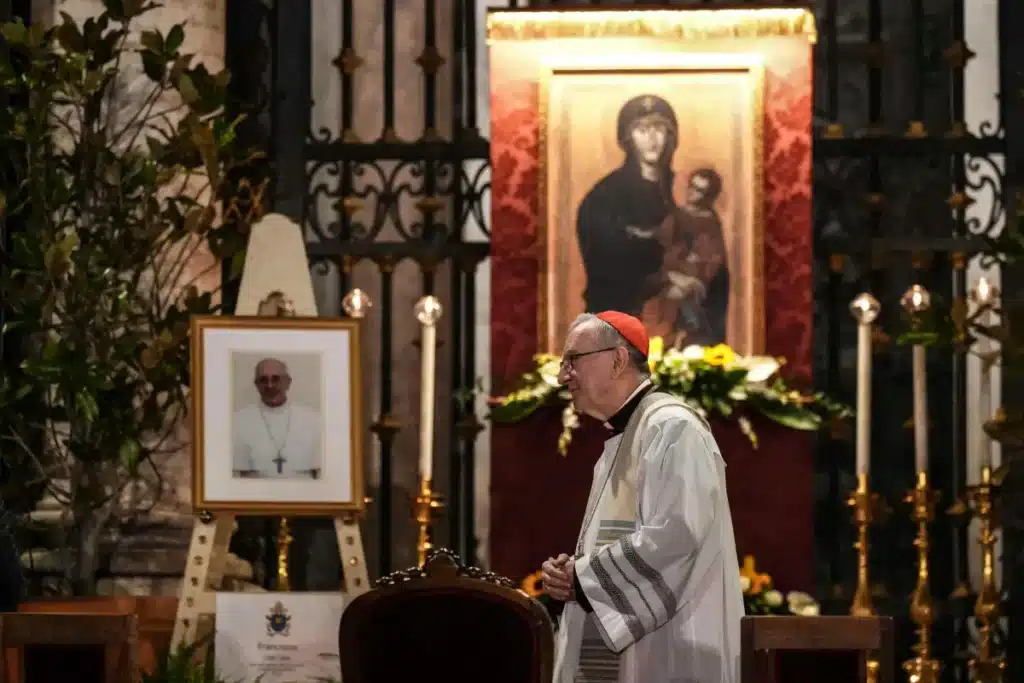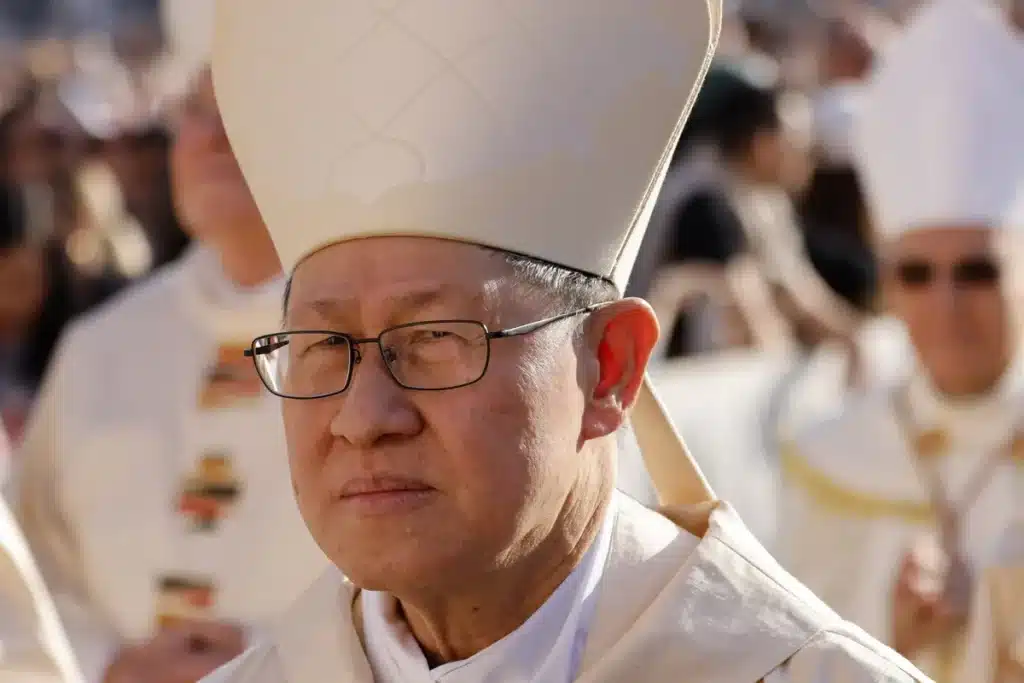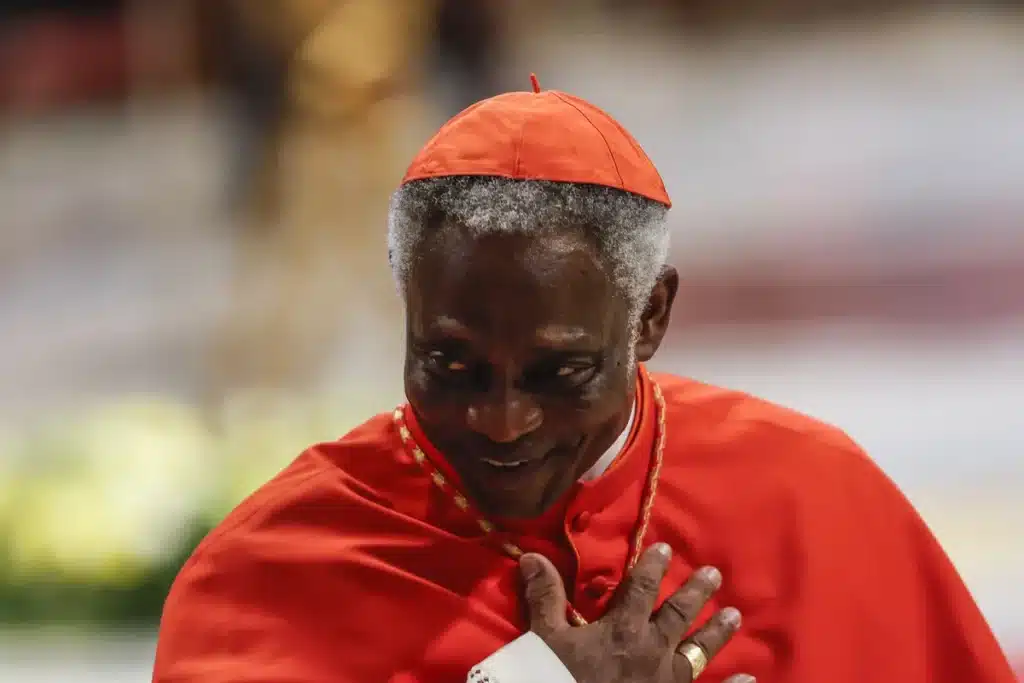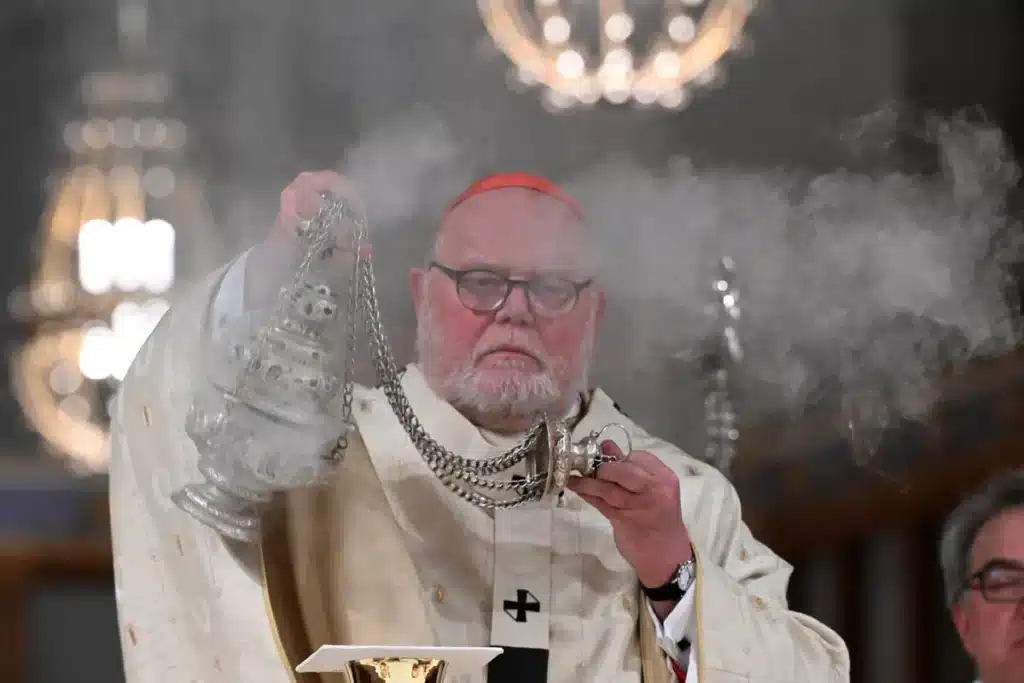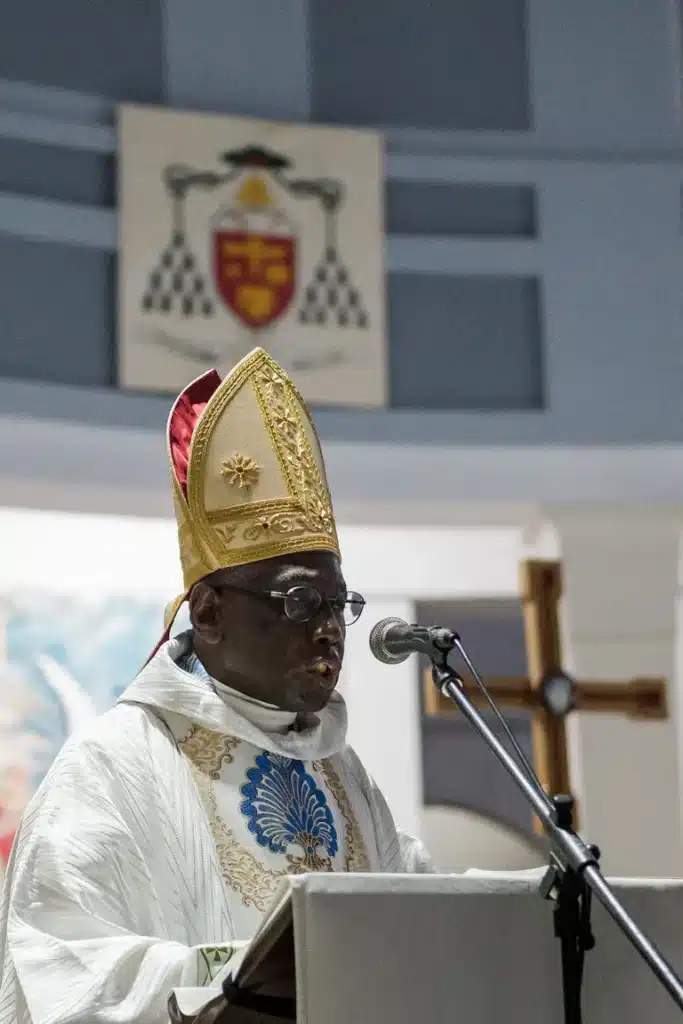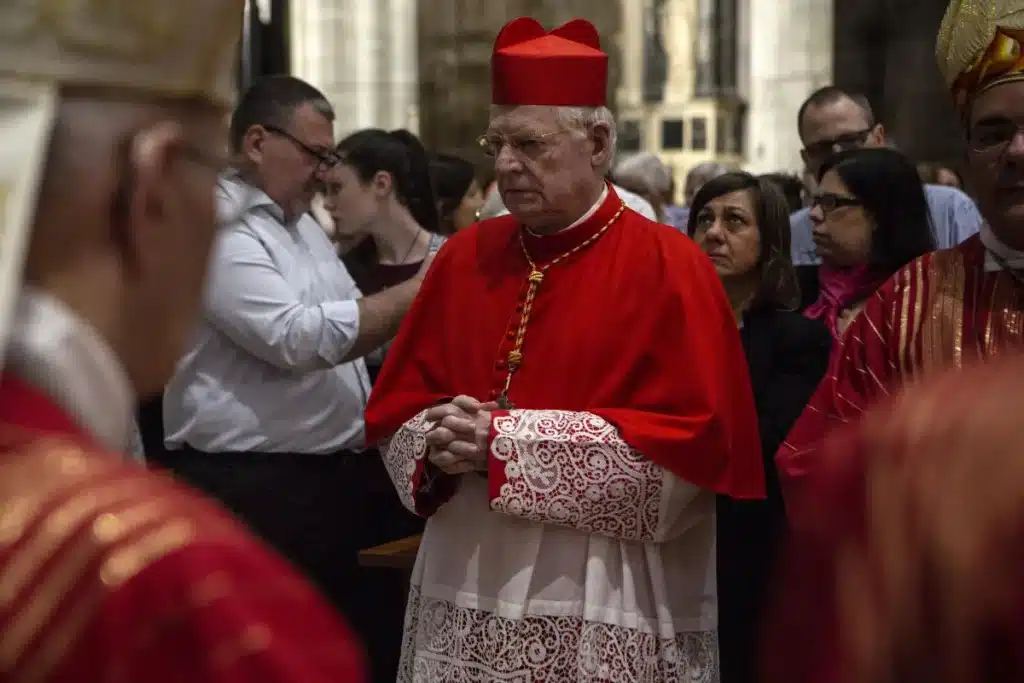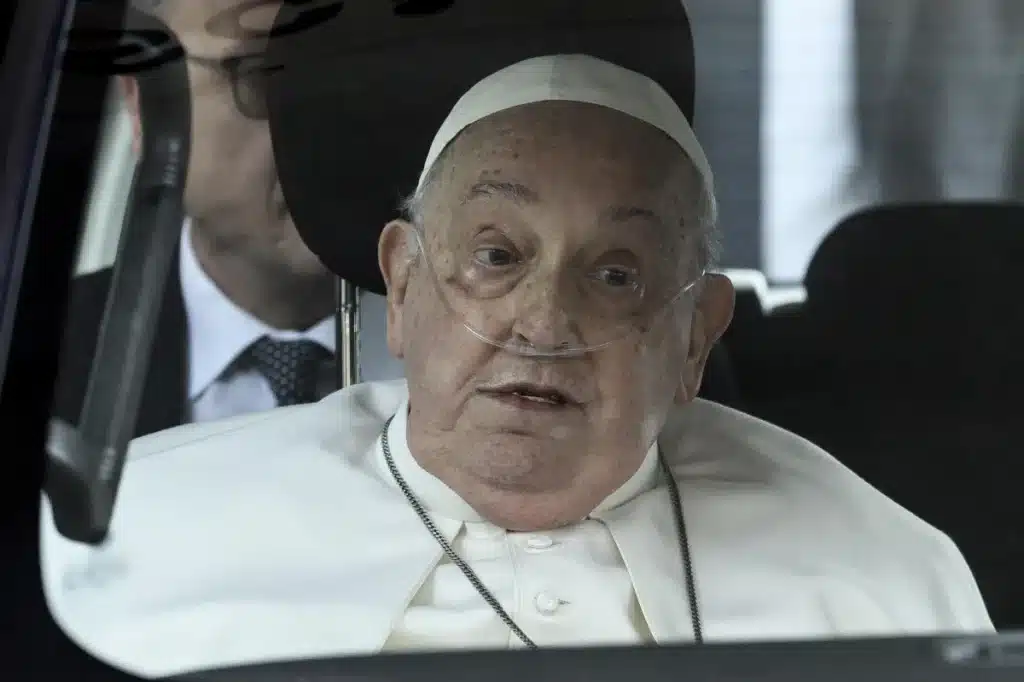As the Church mourns the passing of Pope Francis, attention now turns to the College of Cardinals, who are preparing to enter the conclave and elect the next pontiff. With 135 cardinals eligible to vote and 108 of them appointed by Pope Francis himself, the process reflects the broad global vision he spent his papacy building.
This moment marks more than just a change in leadership — it could herald a transformation in direction. The Church not only lost its first Jesuit pope and the first leader from the Global South, but also a reformer who intentionally reshaped the College of Cardinals to reflect the diversity of Catholic communities worldwide.
The conclave will take place within the Sistine Chapel, with closed-door sessions and repeated balloting until one candidate secures the two-thirds majority required — at least 90 votes. The outcome, however, remains more unpredictable than in decades past. Francis appointed cardinals from regions often overlooked — such as Tonga, Papua New Guinea, and South Sudan — while sidelining traditional power centers like Paris and Milan.
For the first time, the majority of the electors are non-European. This opens the door to the historic possibility of a pope from Asia, Africa, or Latin America, further amplifying the late pope’s mission of decentralizing the Church’s power base.
Among the electors traveling to Rome is Cardinal Mykola Bychok, a 45-year-old Ukrainian-born bishop who now serves in Melbourne. Elevated by Francis, he represents not only the youngest cardinal from Australia, but also a newer generation of leadership poised to influence the Church’s future.
The list of leading contenders — or “papabile” — is expansive and spans continents and theological spectrums. Italian Cardinal Pietro Parolin, 70, is often considered a frontrunner due to his role as the Vatican’s Secretary of State. A skilled diplomat, he commands institutional knowledge, but faces scrutiny over his conservative positions on same-sex unions.
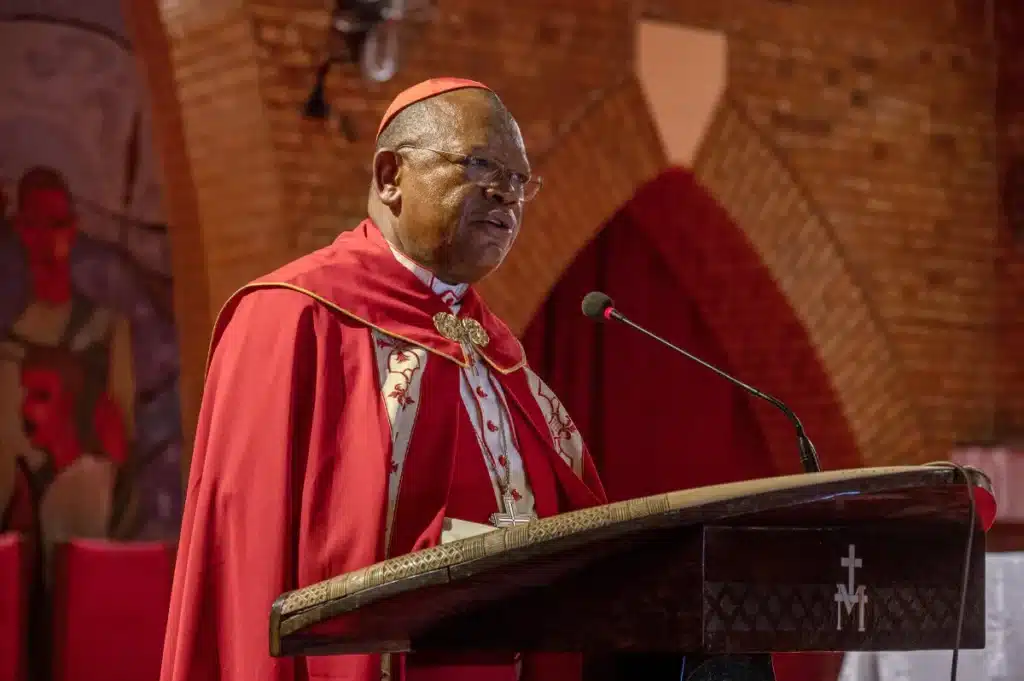
Cardinal Luis Antonio Gokim Tagle of the Philippines, 67, is another top name. Dubbed the “Asian Francis,” Tagle is known for his pastoral warmth and commitment to the poor. He has deep support across Asia, where Catholicism continues to grow.
From Africa, two strong voices are in the spotlight: Fridolin Ambongo Besungu, 65, of Congo, a cultural conservative with grassroots popularity, and Peter Turkson of Ghana, 76, a longtime contender known for his focus on economic justice and climate concerns.
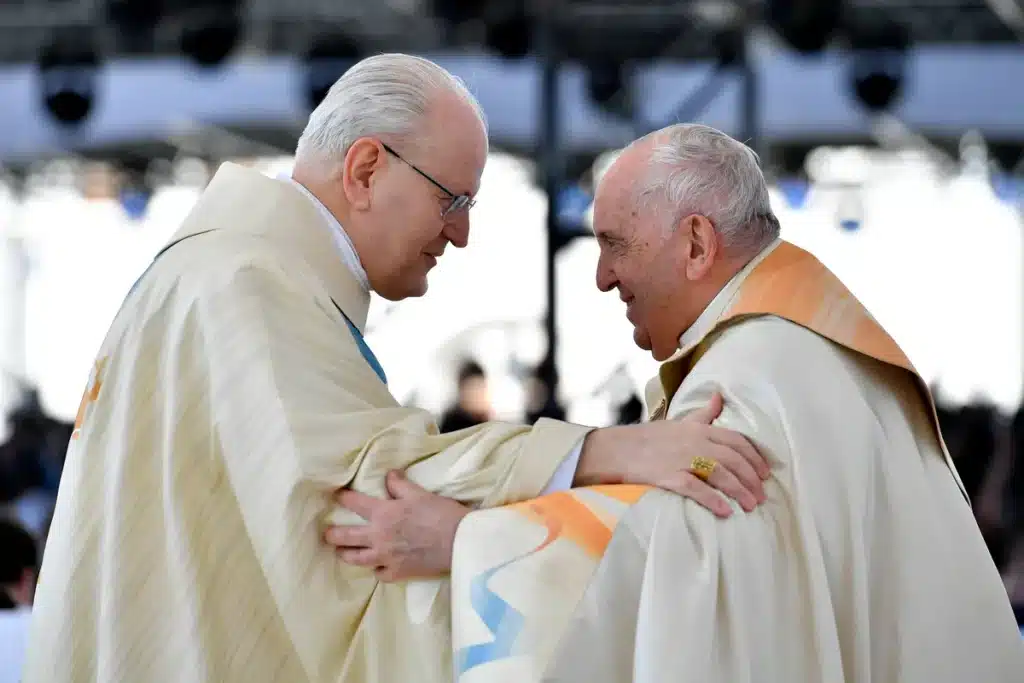
Hungary’s Cardinal Péter Erdő, 72, emerges as a potential compromise candidate. He’s respected in both European and African circles and is seen as a steady hand in times of uncertainty. Meanwhile, Germany’s Cardinal Reinhard Marx, 71, is one of the more progressive names in contention, though his history with abuse investigations may temper support.
The Americas also offer strong contenders. U.S. Cardinal Robert Prevost, 69, has strong ties to Latin America and a reputation for reform, though his record in Peru may draw criticism. Meanwhile, Canadian Cardinals Michael Czerny and Marc Ouellet both bring experience and vision — though Czerny’s Jesuit affiliation may work against him, given that Francis himself was a Jesuit.
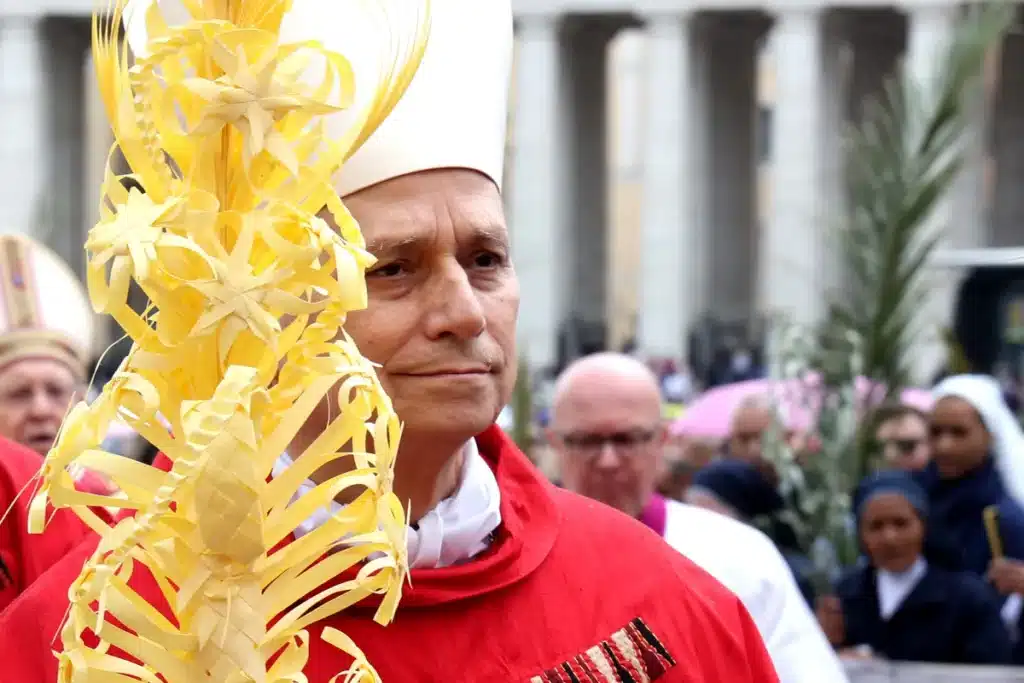
Some names, like Robert Sarah of Guinea, 79, represent the traditionalist wing. His doctrinal firmness and longevity make him a familiar figure, but his hardline views may alienate a more progressive voting bloc.
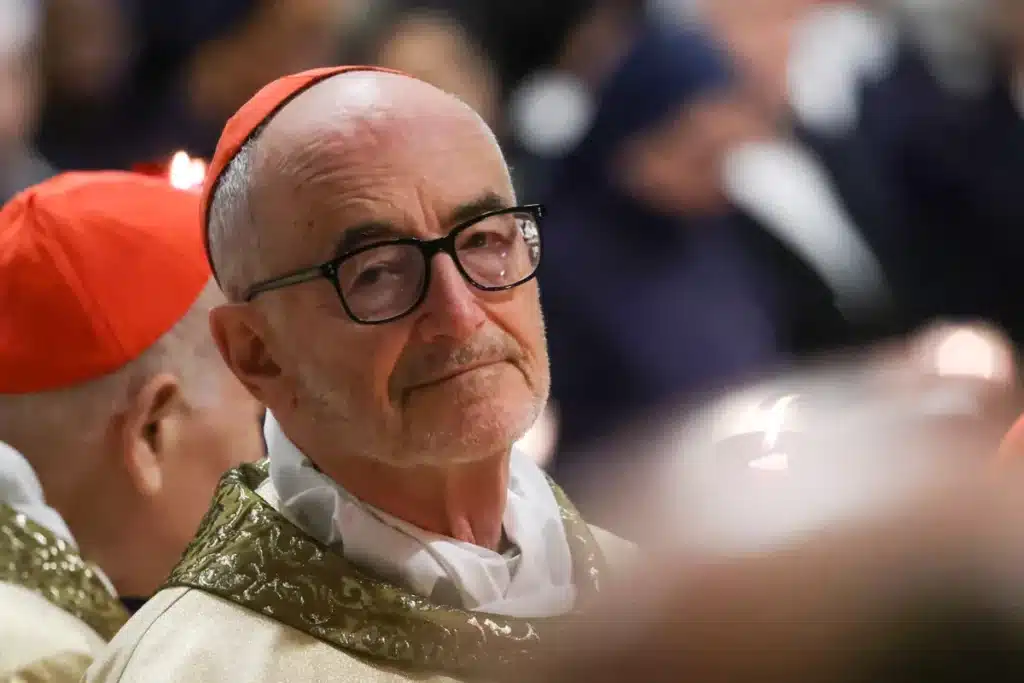
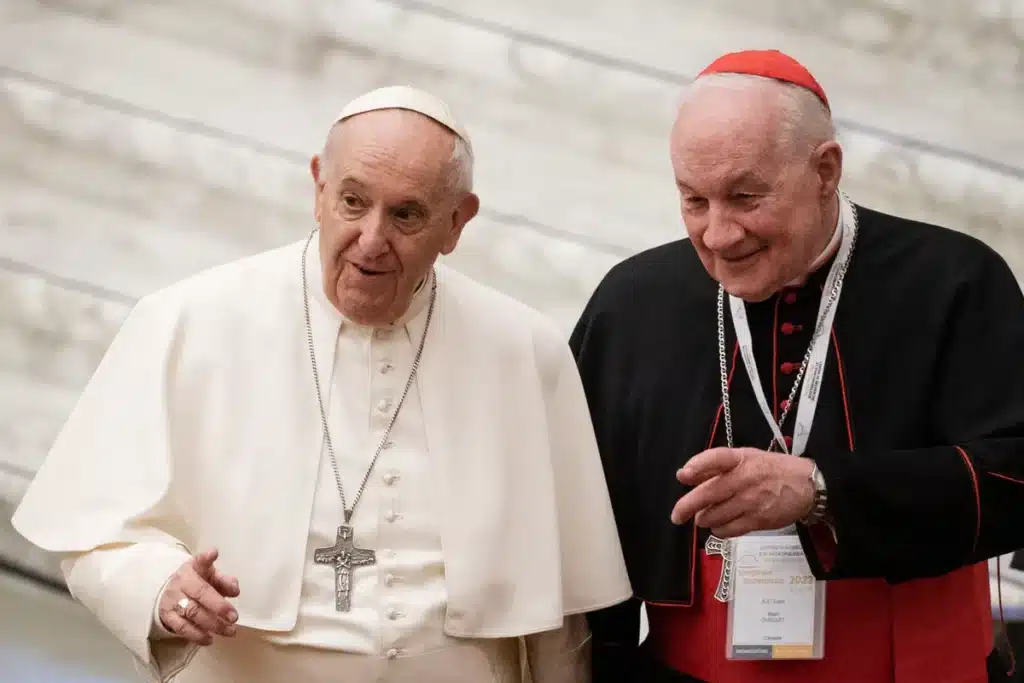
What makes this conclave particularly compelling is the absence of clear ideological lines. Many cardinals do not fall neatly into progressive or conservative categories, and most have never voted in a conclave before. They will spend the coming days in closed-door congregations, discussing the Church’s challenges and evaluating candidates — many of whom they’ve never met.
The Church is at a crossroads. Issues like migration, climate change, LGBTQ+ inclusion, sexual abuse scandals, and shifting religious demographics will shape the next pope’s tenure. The selection will not only determine the next Bishop of Rome but also signal the Church’s stance on these issues in the years to come.
Pope Francis left a legacy of compassionate leadership, doctrinal openness, and global inclusion. His successor will inherit that vision, along with the burden of navigating a fractured yet hopeful global Church. Whether the cardinals choose continuity or change, tradition or innovation, one thing is certain: the decision made within the Sistine Chapel in the coming days will echo across the world for generations.
